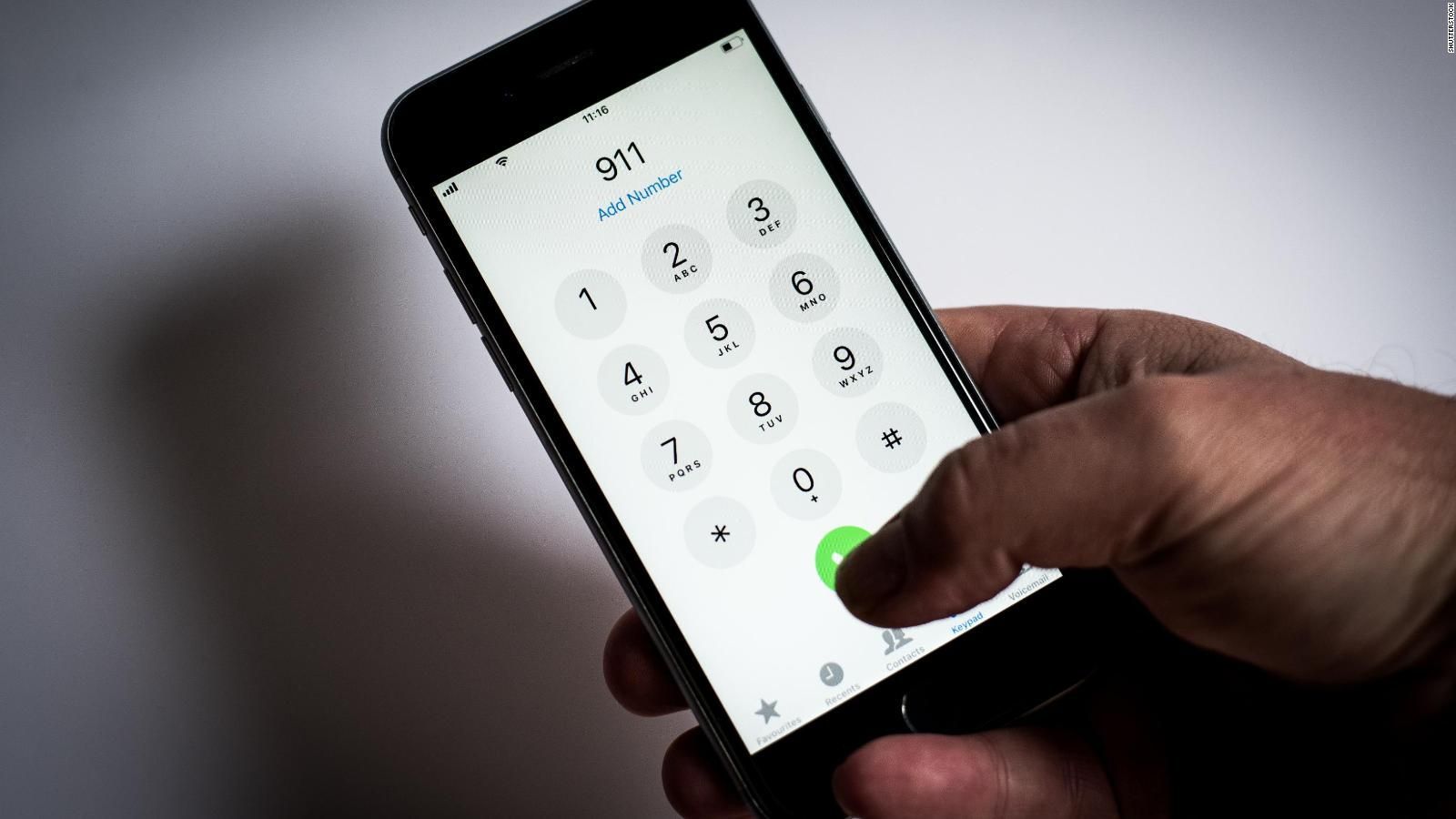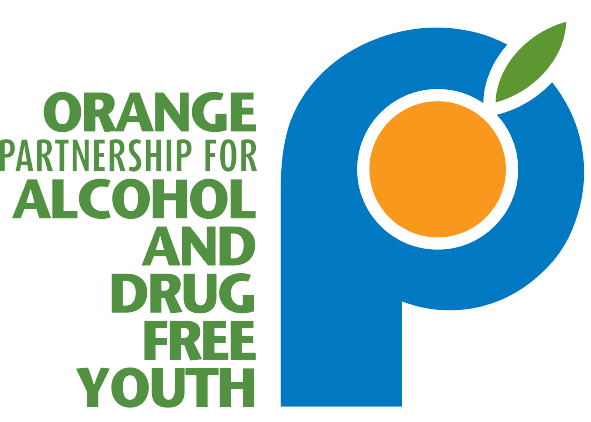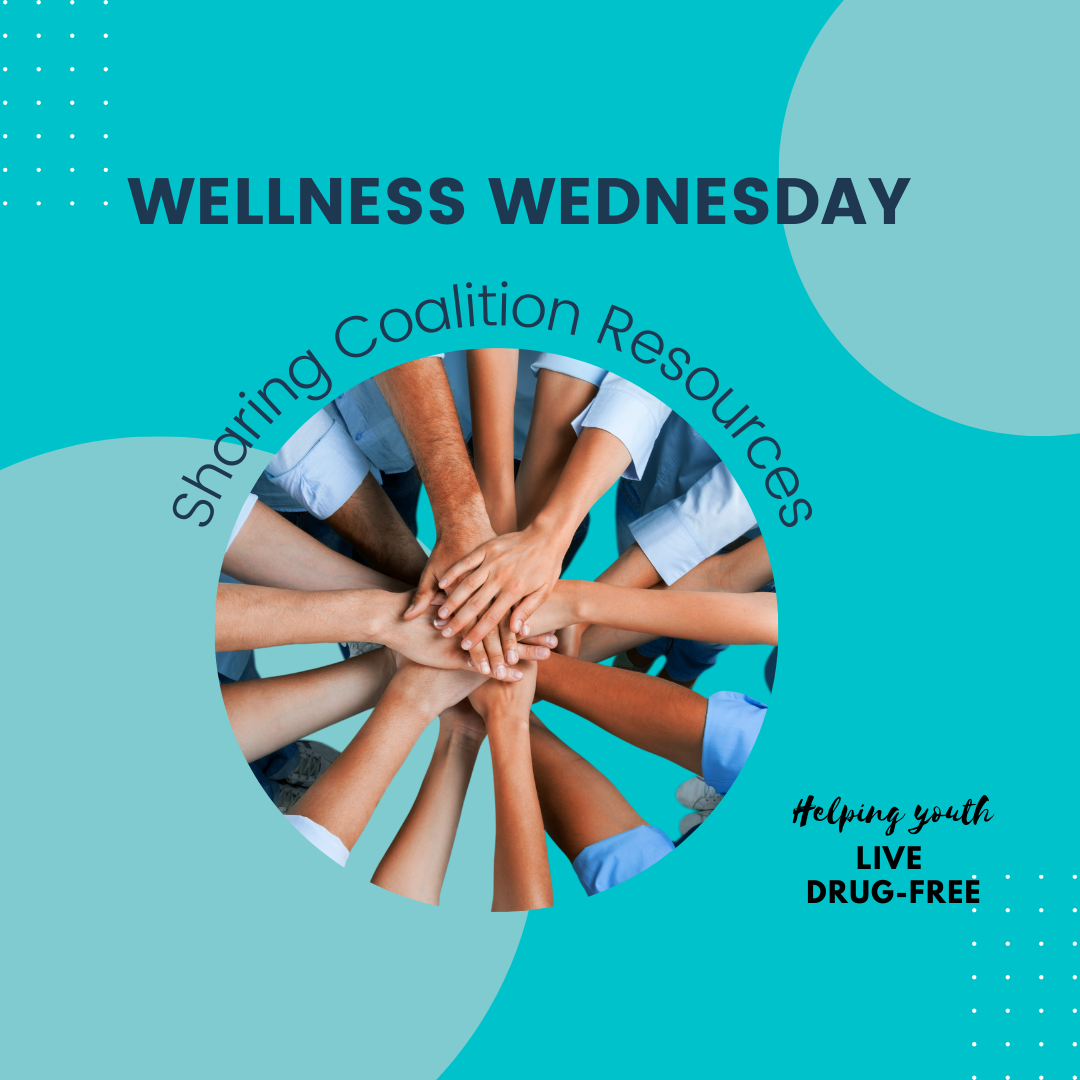News & Events

October is Substance Use Awareness Month. Learn what drug trends the coalition is seeing in the community and understand the resources that are available - if and when you need it. For example, youth who smoke nicotine today are using a variety of devices to inhale it, with more potency, and with devices that are interchangeable with cannabis.

September is National Suicide Prevention month; Orange Partnership announces its public awareness campaigns promoting mental health resources and preventing substance use in our youth. Coalition events include public radio interviews, recorded PSA's, transit bus advertising, adult and youth mental health first aid trainings, and featured news article.

It is no secret that alcohol and certain activities don’t mix such as operating heavy machinery, swimming and driving. Alcohol’s immediate side effects such as delayed reaction times, impaired coordination and loss of critical judgement far too often lead to injuries and even fatalities. Over 12% of trauma patients tested for alcohol at UNC Medical Center from 2019-2020 had alcohol in their system at the time of their injury, with 25% of patients ages 16 to 21 testing positive. The percentages are likely even higher since more than half of the patients were not tested for alcohol. Orange County residents under the influence of alcohol have sustained traumatic injuries from burns, falls, assaults, stabbings and wrecks. However, despite the known effects of alcohol and the injuries that result, it is not often viewed as a dangerous substance. Alcohol is the most frequently used drug and, as a result, has become a normalized aspect of daily life for many. But the reality is that more teens die as a result of alcohol use than all other illicit drugs combined. On average, youth try alcohol for the first time at 14, when they are in middle school. The vast majority of North Carolina’s youth — 94% — say underage drinking is a problem, according to Talk It Out NC. The 2019 Youth Risk Behavior Survey found that among high school students, 29% drank alcohol in the past 30 days and 14% binge drank. While not everyone who drinks does so at heavy levels, studies show underage drinkers are more likely to engage in binge drinking, which involves having four or more drinks at a time. Underage drinking, especially binge drinking, is harmful on the brain’s development and can lead to consequences such as blackouts, unplanned and unwanted sexual activity, fights, accidents and driving while intoxicated. North Carolina loses at least one person per week due to underage drinking. Josh Helm, an 18-year-old freshman at UNC Charlotte from Hillsborough, died from underage drinking in 2014. His mother, Vicki Helm, said she learned her son spent the day drinking with a friend in his dorm and ultimately fell out his seventh-floor window to his death. She said his binge drinking left him incapacitated where he was no longer capable of seeing what was dangerous. Binge drinking is not uncommon, as 1 in 6 teens binge drinks, according to Talk It Out NC. Helm said the current drinking culture of people overconsuming and becoming blackout drunk is troubling and tempts fate every time they do so. “All the kids that come to the University of Chapel Hill or Charlotte or State, they have big dreams. And yet, drinking can take it all away,” Helm said. In the aftermath of her son’s death, Helm said she nor her son were prepared for the drinking culture he would be surrounded by. With her younger son headed to college shortly after, she said she navigated conversations about drinking differently. Instead of saying “Just don’t drink,” she turned to providing scenarios and evidence of what alcohol does to your body. Helm emphasized the importance of parents and children discussing drinking openly and urged parents to initiate the conversation at an early age. While she said children may be reluctant to listen, short and frequent discussions can have an impact on your child’s decisions about alcohol. In fact, 84% of middle school students surveyed said they felt parents talking with them more about alcohol would help stop underage drinking, according to Talk It Up NC. But Helm doesn’t want conversations about alcohol to end once a child reaches the legal drinking age. She said ongoing conversations about drinking habits between people of all ages is important because it’s impossible to know when drinking may become a problem. However, individuals who start drinking before age 15 are five times more likely to develop alcohol use disorder. Regardless of age, alcohol consumption can have physical, emotional, financial — even fatal — consequences. “Each person has to see themselves as my son, and they have to see me as their mom,” Helm said. It’s the harsh reality of loss she wants people to reckon with so behaviors and understandings shift from alcohol as a means to have fun and relax to a serious substance that could cost you your life. -Rachel Crumpler is a UNC Journalism major and intern with Safe Kids of Orange County, an Orange Partnership coalition member.

Emotional needs are often the first needs to be skipped in our lives. We are practiced in rationalizing: “it takes too long,” “I will only feel worse,” or “feeling emotions will just make me weak.” However, when our mental health deteriorates to a point where it becomes the singular focus, we simply cannot ignore this seemingly invisible lynchpin that holds us together.

Teenagers are known to be greater risk-takers and believe they are invincible. Some teens may experiment with alcohol and drugs recreationally or use them to self-medicate. But all drug and alcohol misuse has the potential of becoming dangerous and deadly from overdose. Even if a teen won’t be using themself, they will likely be around a friend who is, be a bystander, or see someone post about it on social media. With the prevalence of substance misuse and the recent rise in overdoses, it is crucial to know about the Good Samaritan Law. Under North Carolina’s Good Samaritan Law enacted in 2013, a person can seek medical assistance by contacting 911, a police officer, or EMS for themselves or someone else experiencing a drug overdose without fear of prosecution for the following: • Underage possession or consumption of alcohol • Possession of small amounts of drugs • Possession of drug paraphernalia • Violating conditions of probation, parole or post-release Currently, the law requires the caller to provide his or her name to law enforcement or EMS to qualify for legal protection. While it may feel uncomfortable to share your name, you will not get in trouble and it is far more important to help the person in need. “In an overdose situation, minutes count,” Orange County Sheriff Charles Blackwood said. “We do not want someone to delay calling for help out of fear of legal action. The Good Samaritan Law addresses this.” Fear of getting in trouble with law enforcement or parents is what deters people from taking action and calling for help. Mary O’Donnell and Julie Boone Cummins know this all too well. Both mothers lost their sons, Sean O’Donnell and Boone Cummins, in the summer of 2017. They believe it’s possible their sons would still be alive if their friends knew about the law and sought help. Sean died June 4, 2017. He was out drinking at Sugar Lake in Chatham County with friends who at some point left as he passed out. Alone at the quarry, he fell into the water and drowned. Boone died July 19, 2017. Friends dropped him off by the quarry after he had taken high doses of Xanax. As he was at the quarry alone, he sent texts and social media calls for others to join him to memorialize Sean, his best friend. Cummins said she believes Boone rolled into the water and drowned due to his inability to swim in his compromised condition. “There were so many points during that night and so many different people who could have called,” Cummins said. In honor of their sons, both families dedicated themselves to raising awareness about the Good Samaritan Law. In sharing what happened to their sons, they have attached faces and names to the law in a way they hope helps kids remember. While awareness of the Good Samaritan Law has improved since 2017 in part due to the two families’ advocacy and their talks at area high schools and sororities and fraternities, they still think more needs to be done. O’Donnell said she believes education on the Good Samaritan Law should begin in middle school so teens are informed prior to the peak time of experimentation in high school and college. After first learning of the law, she said there needs to be continued, periodic education in order for teens to absorb the information. When employed, the Good Samaritan Law is powerful and can save lives. But people first have to know about it. Familiarize yourself with the law and tell others about it. “You will not be held accountable if you call for yourself or someone else in a medical crisis,” Sheriff Blackwood said. “We are not just about enforcing laws, we are also about saving lives.” If there is an overdose situation, make the 911 call. As both mothers say, “It’s just a no-brainer.”



